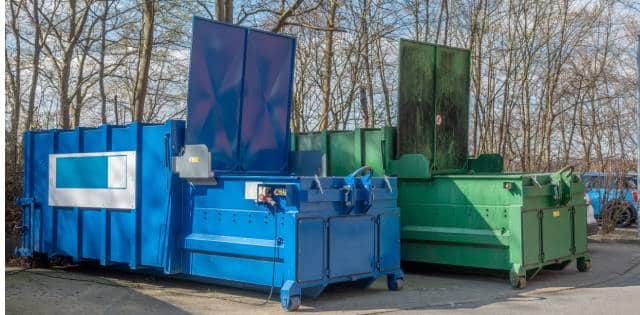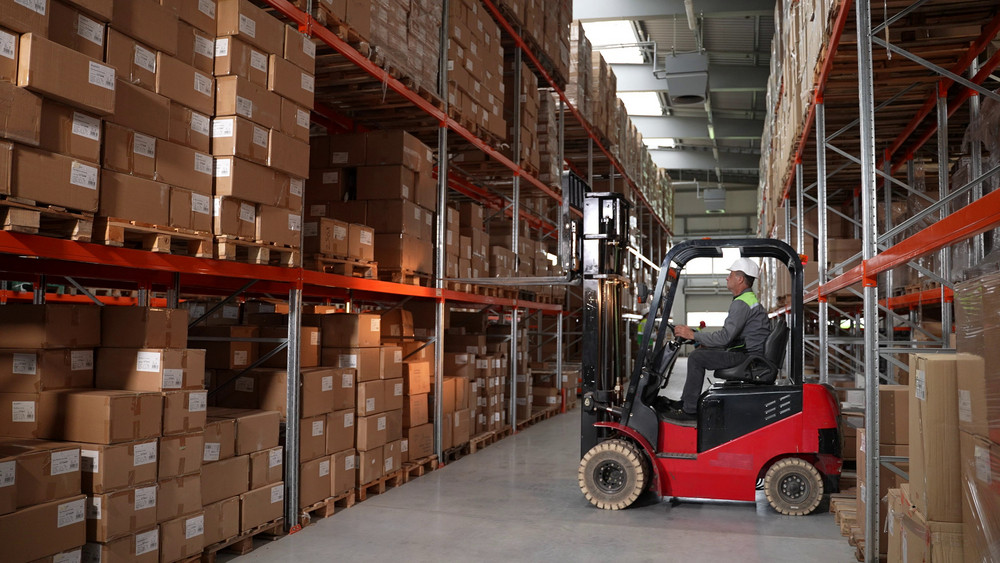Choosing the Best Compactor for Your Business


With the array of options available, choosing the best compactor for your business can be tricky. With a little insight, you can find a model that meets your needs while optimizing efficiency and cost.
Understanding Different Types of Compactors
Business leaders often face waste management challenges, so understanding how to manage trash efficiently is beneficial. Compactors reduce the volume of waste, saving space and cutting down on disposal costs. Several types of compactors meet different needs:
- Stationary compactors are great for businesses that produce large volumes of waste, like packaging materials. They stay in place while the compaction chamber detaches for waste removal.
- Self-contained compactors prevent leakage and are specifically designed for wet or liquified waste, so they work well for grocery stores, restaurants, and hospitals.
- Pre-crusher compactors are excellent for manufacturing or construction businesses that need to break down large, bulky items before sending them to landfills.
Learning What Size Compactor Will Meet Your Needs
Choosing the right size compactor for your business’s needs depends on the volume of waste your organization generates. Businesses producing a lot of waste should consider large compactors to handle the load efficiently. On the other hand, a compact model is ideal for small businesses.
Evaluate your waste output carefully—consider the types of waste, the frequency of disposal, and the space available for installation. This analysis helps you choose a compactor that fits seamlessly into your operations without causing disruptions.
Evaluating Cost and ROI
Always determine your budget before selecting a compactor. To make the most economical decision, assess the upfront cost against the long-term savings it will bring by reducing waste disposal frequency and labor costs.
Additionally, consider the potential return on investment (ROI) by calculating how much you save monthly with reduced waste pickups. This will guarantee you make a financially sound decision.
Exploring Key Features and Add-ons
Modern compactors have various features that enhance functionality. Consider models with hydraulic systems for efficient compaction, anti-jam mechanisms, and odor control systems to improve workplace conditions.
Also, smart compactors have sensors that offer real-time data and analytics, helping your team optimize waste management processes.
Checking Compliance and Safety Standards
Comply with local regulations and safety standards when selecting a compactor—look for equipment with safety features, including emergency stop buttons and lockout systems. This protects your employees and helps your business avoid potential legal issues down the road.
Choosing the best compactor for your business involves considering several factors, understanding the different types of compactors, and evaluating costs and efficiency. By making an informed decision, you’ll manage waste effectively while improving workplace safety, reducing costs, and supporting your sustainability goals.









